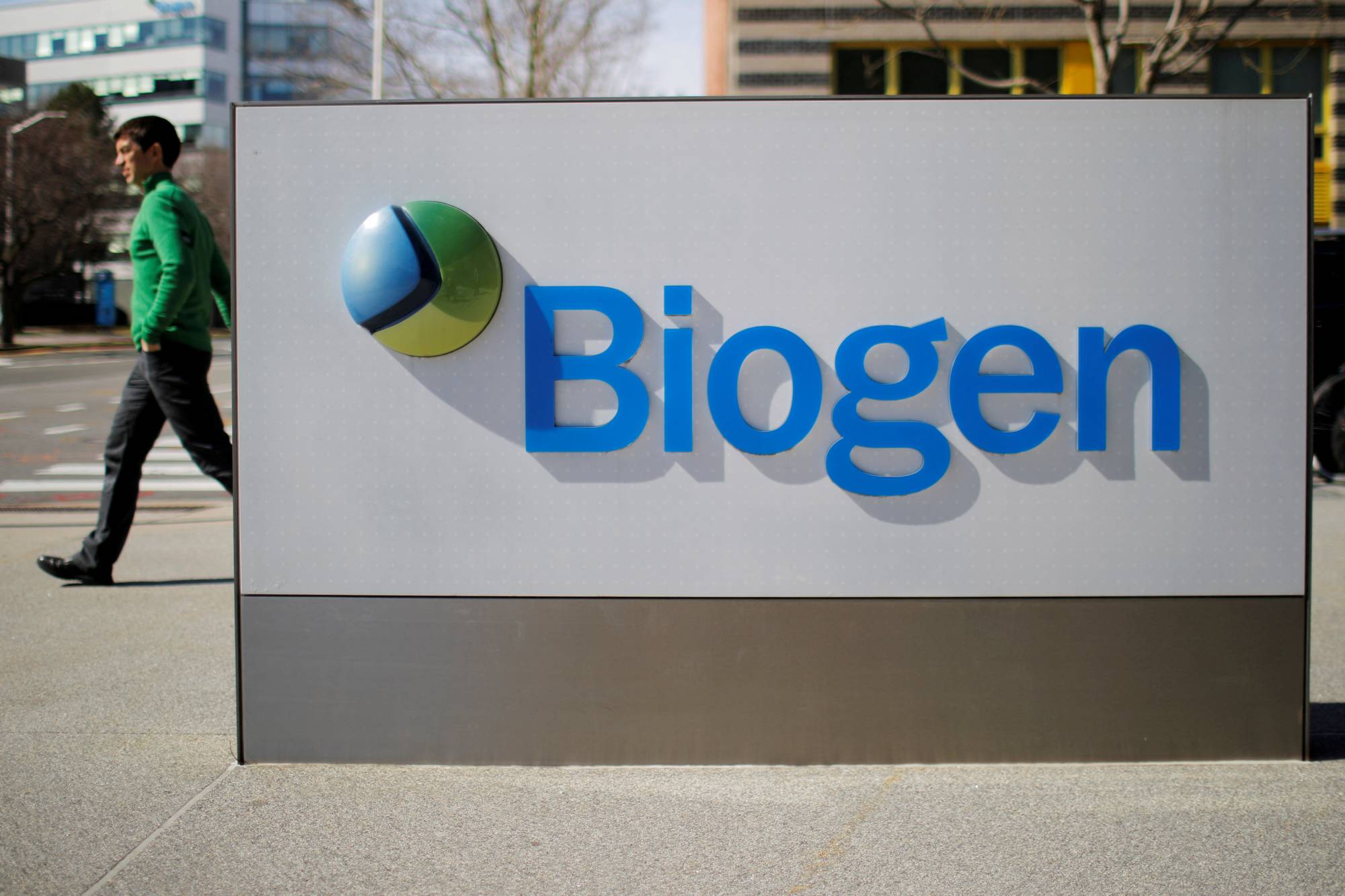A drug developed by Biogen Inc. and Eisai Co. has achieved a first in Alzheimer’s research: In a large, late-stage trial, lecanemab slowed down the cognitive decline in people with early disease.
The therapy’s effect was modest. But given the litany of failures in Alzheimer’s drug development, it’s a stunning turn for the field. And while skepticism about the true meaning of these results — for patients, for the fate of similar drugs, for our understanding of the disease — is warranted, the result is meaningful enough to let the Alzheimer’s community celebrate a possible win.
Biogen and Eisai’s drug slowed cognitive decline by 27% over 18 months compared to a placebo in a large trial with nearly 1,800 people with early Alzheimer’s. Those data make it the first to show a clinical benefit in a late-stage study, but it won’t be the first amyloid-targeting drug to reach the market.


















With your current subscription plan you can comment on stories. However, before writing your first comment, please create a display name in the Profile section of your subscriber account page.